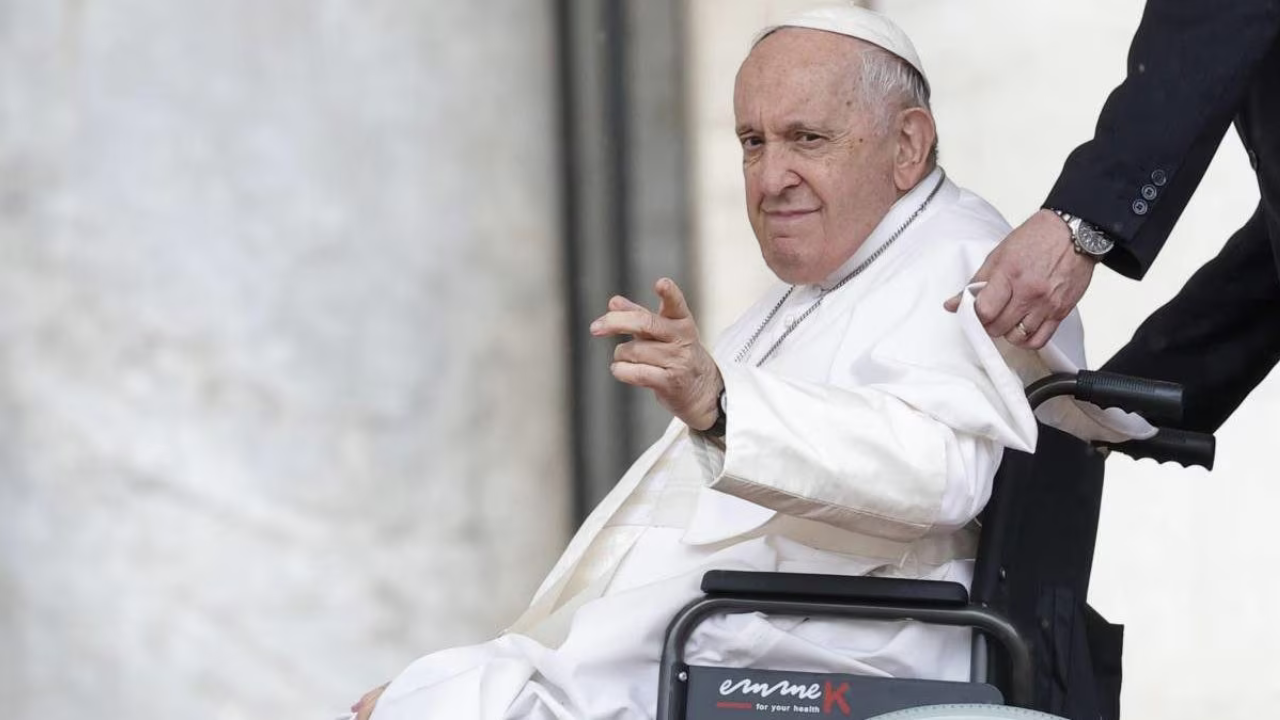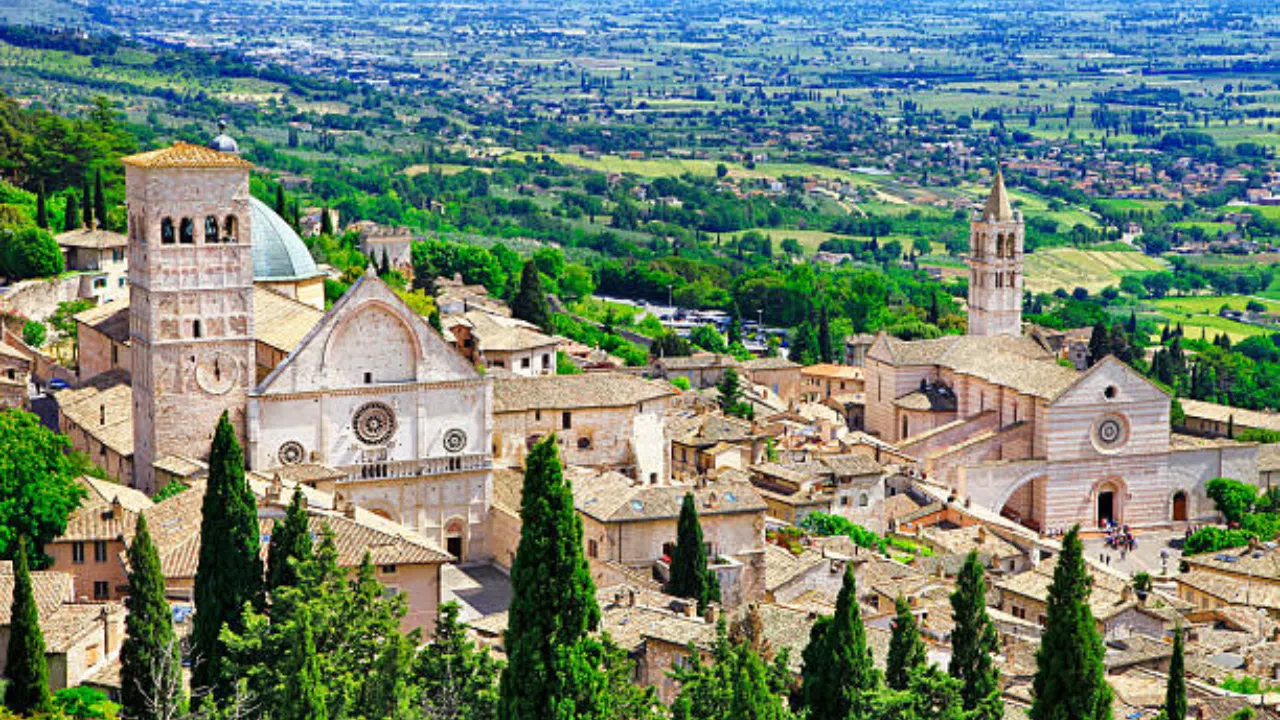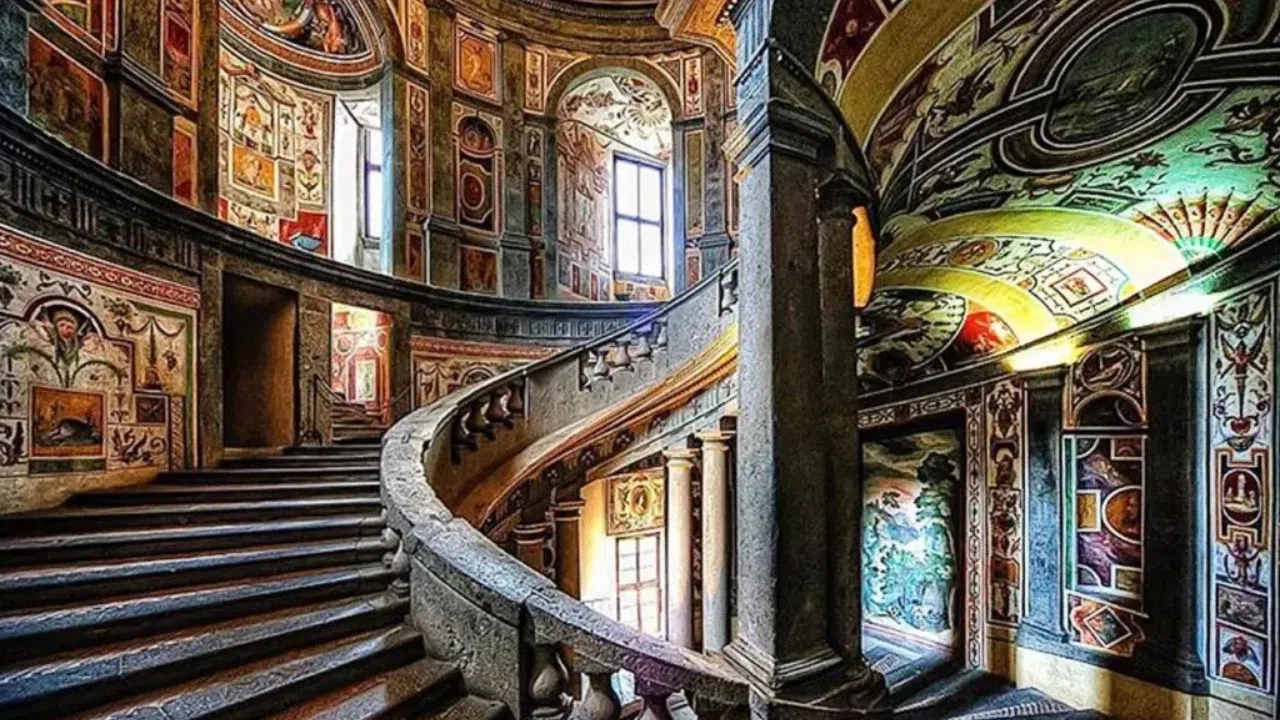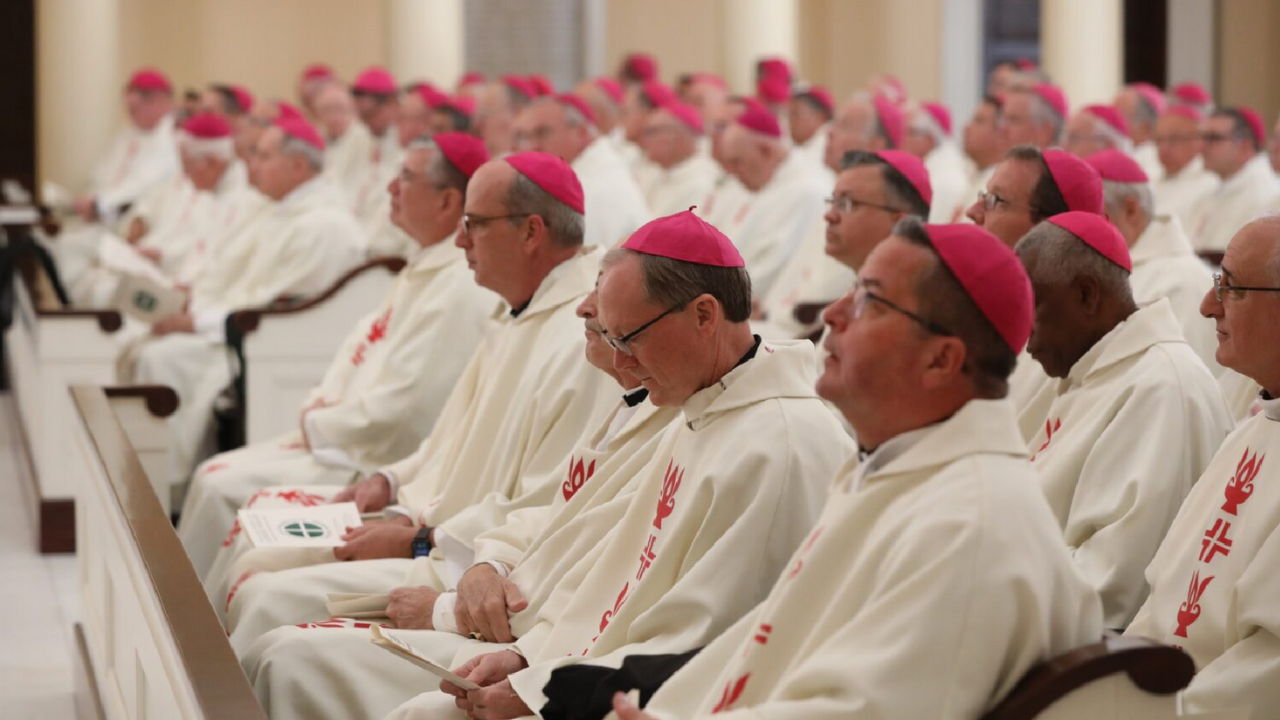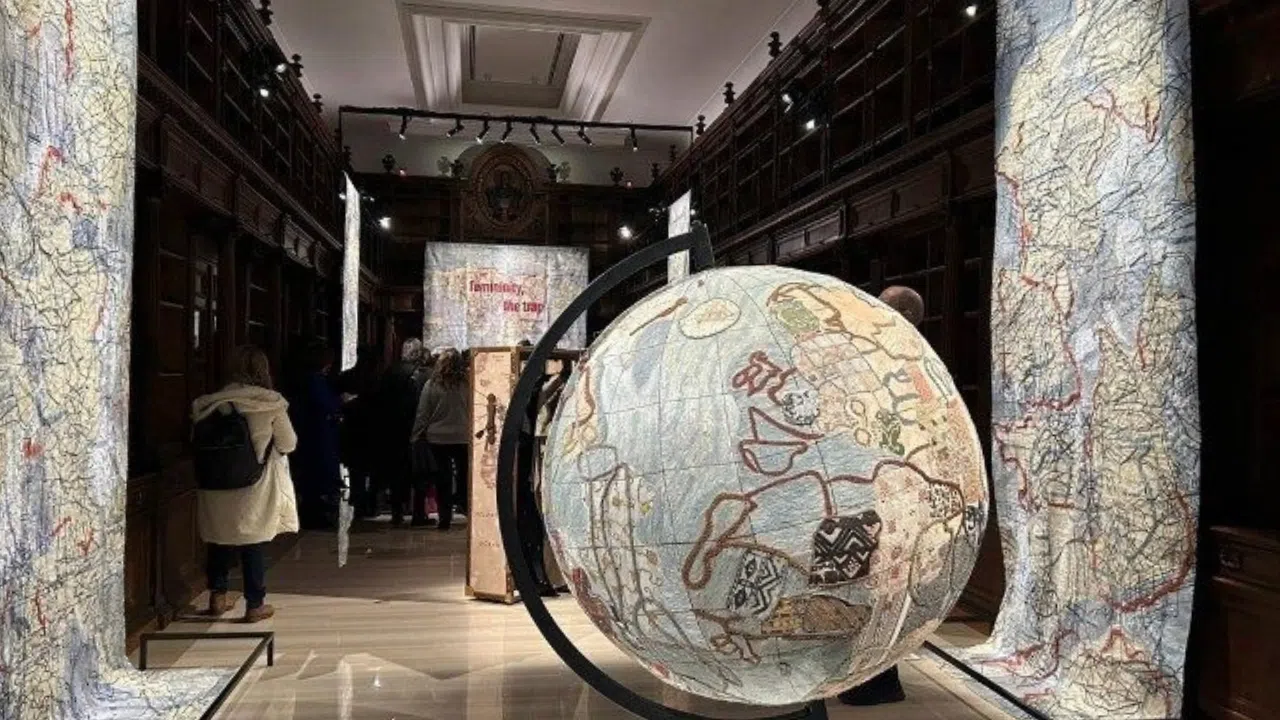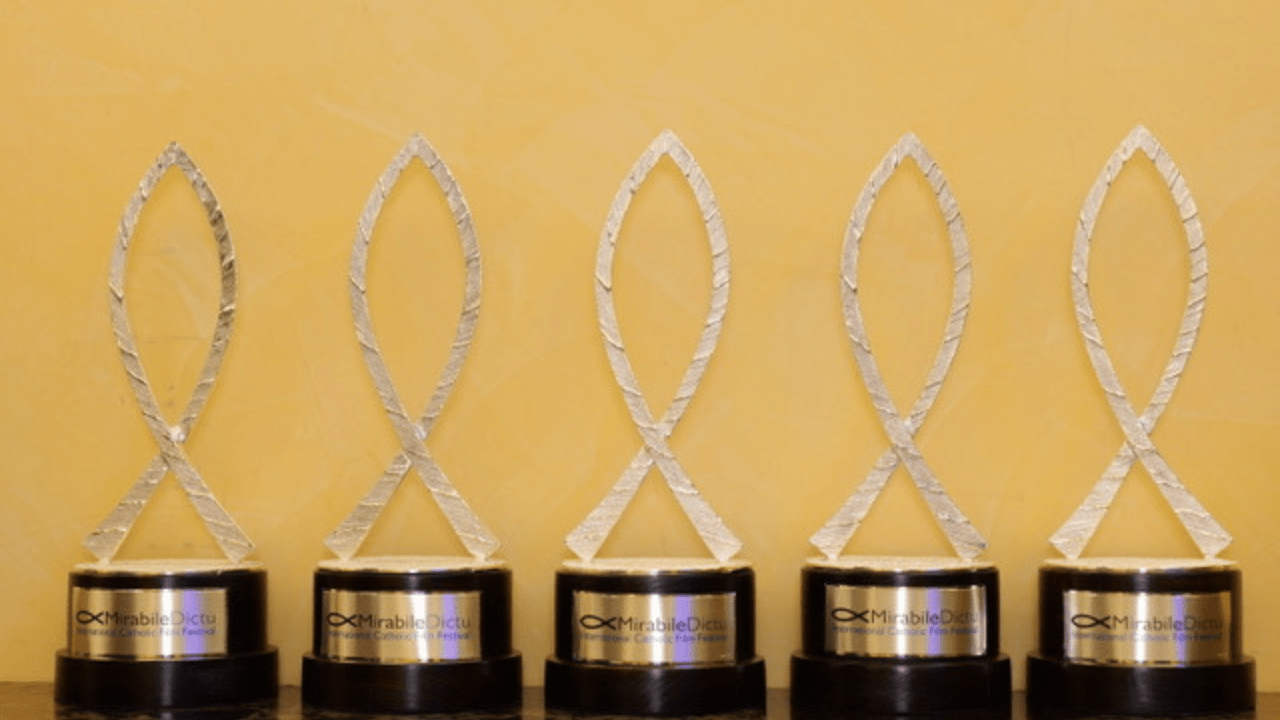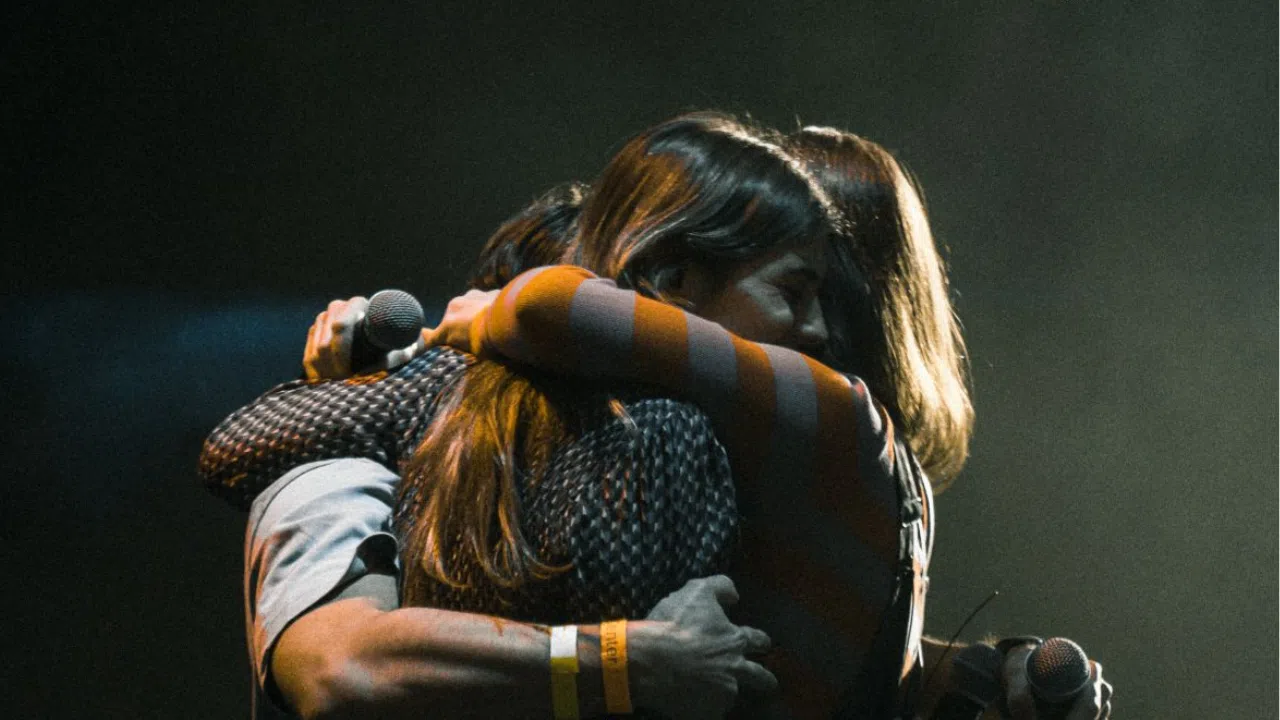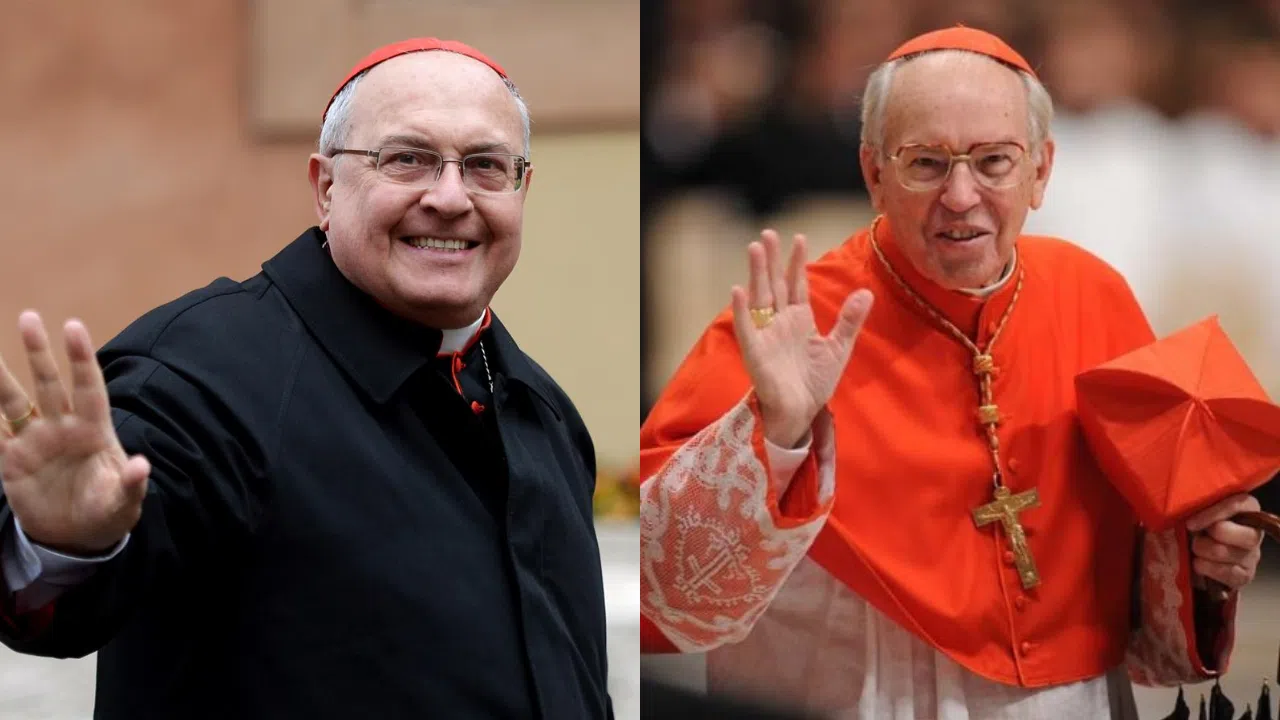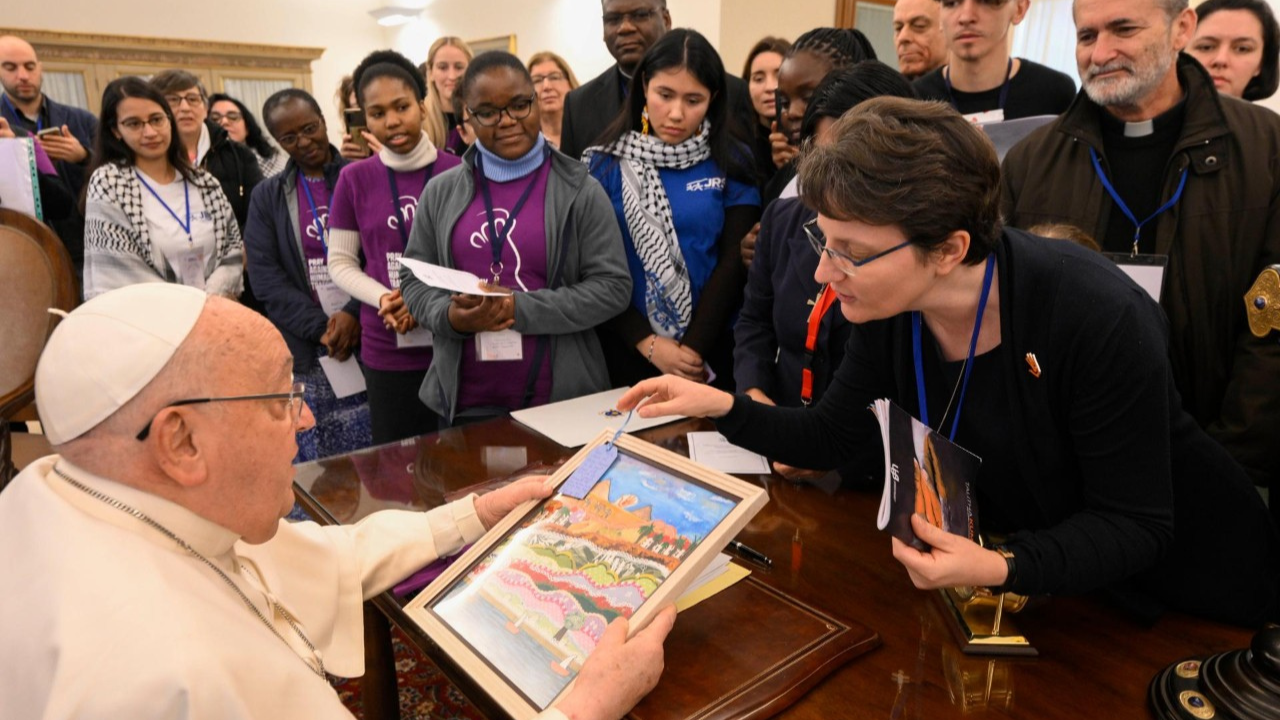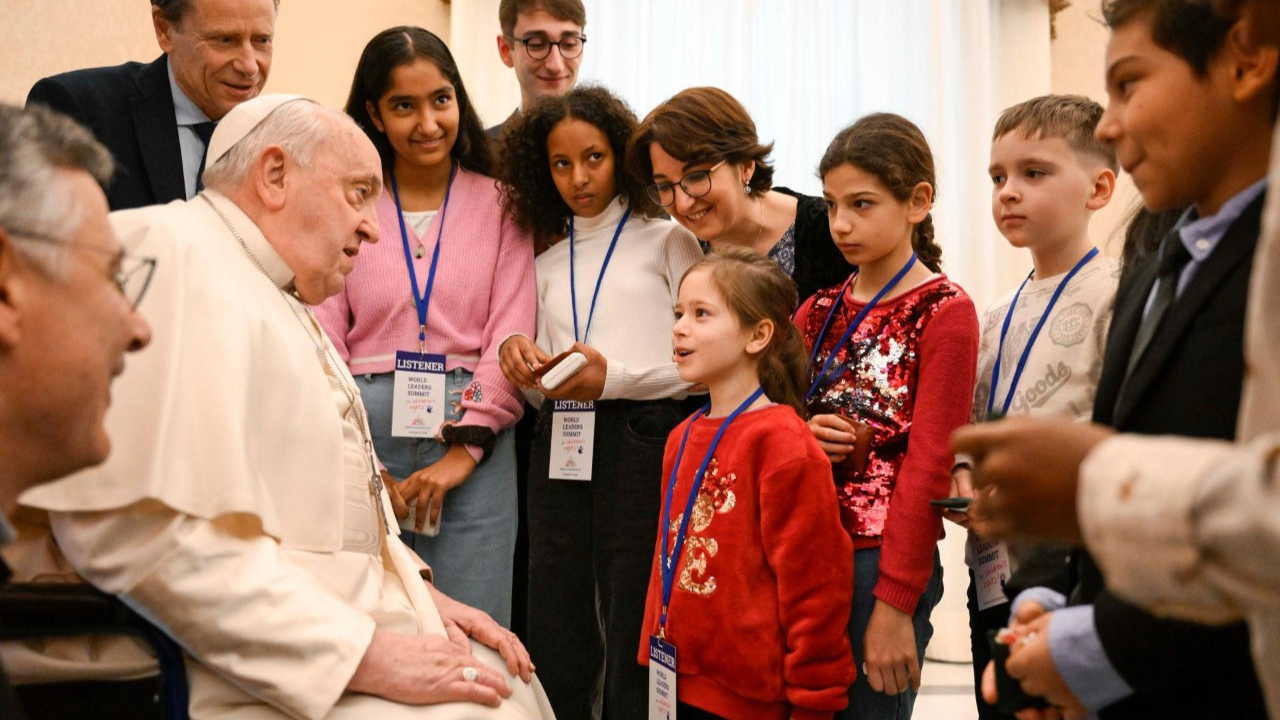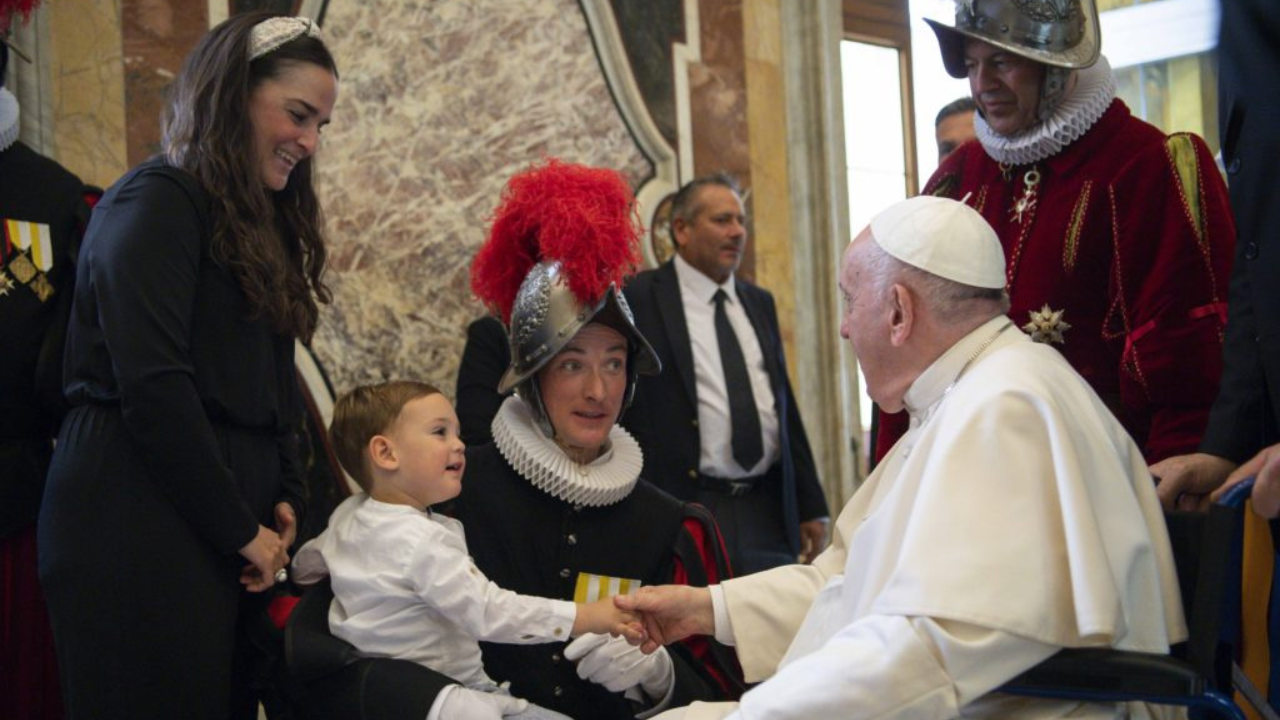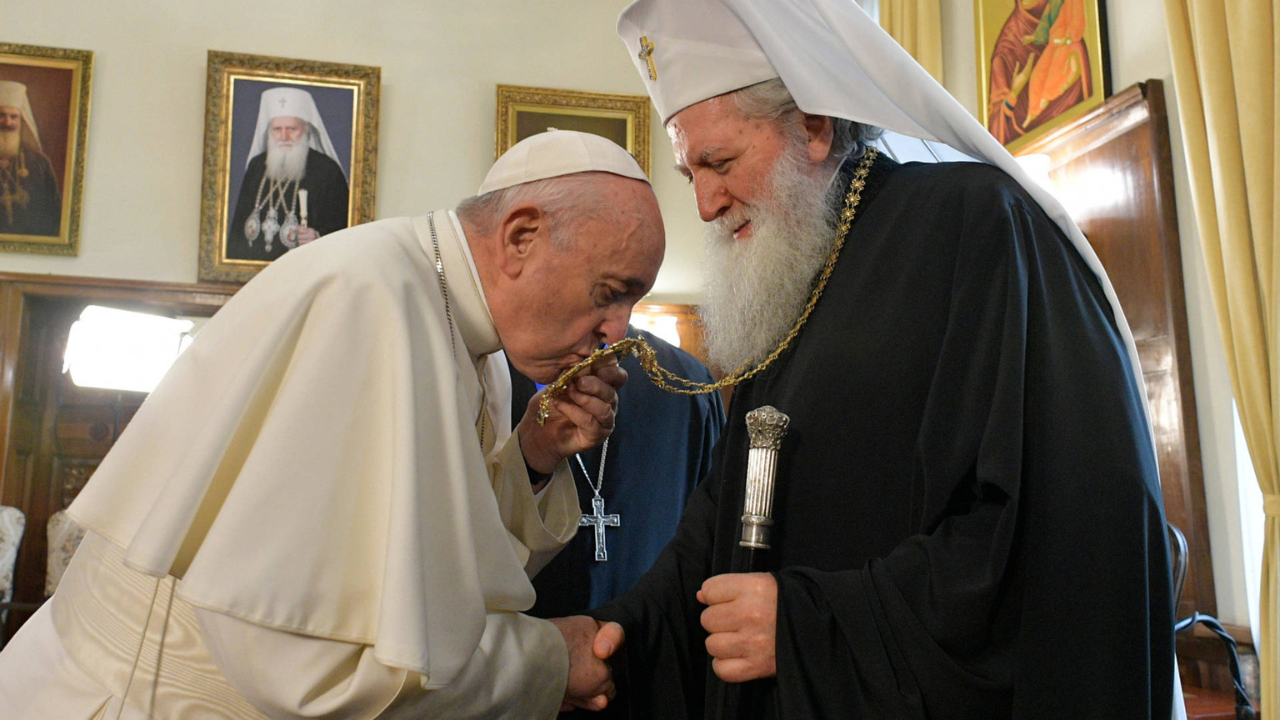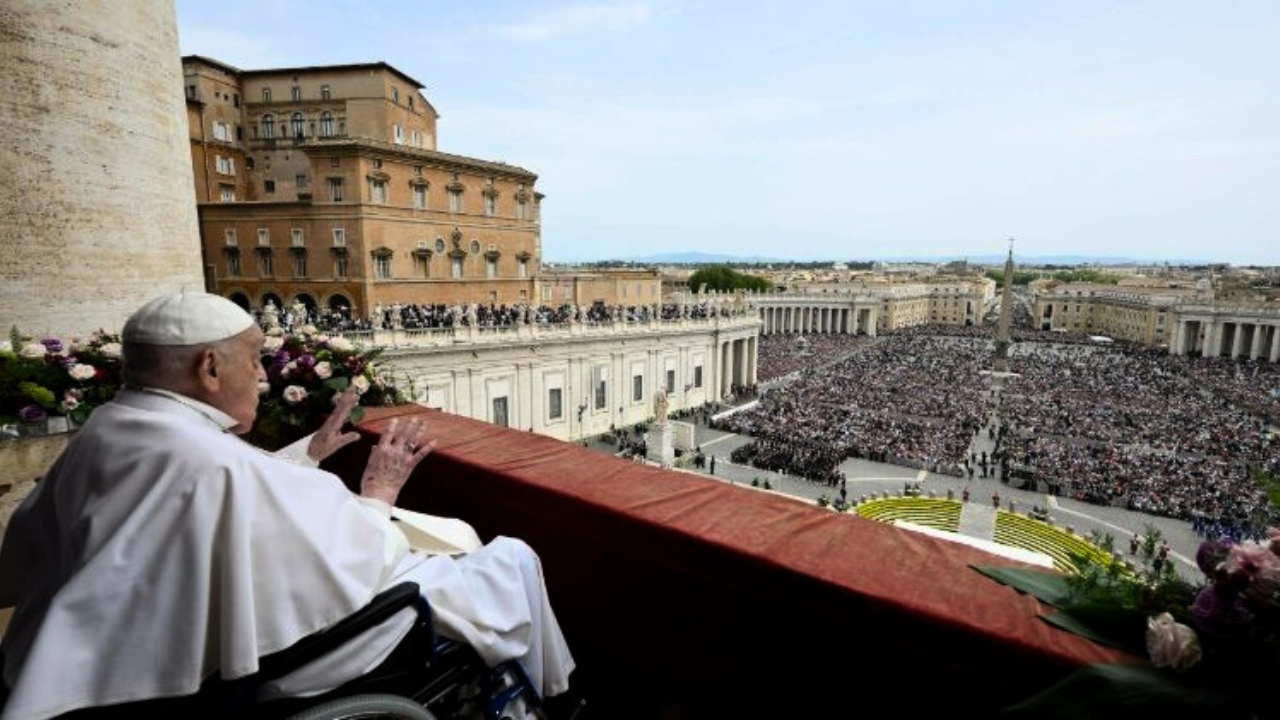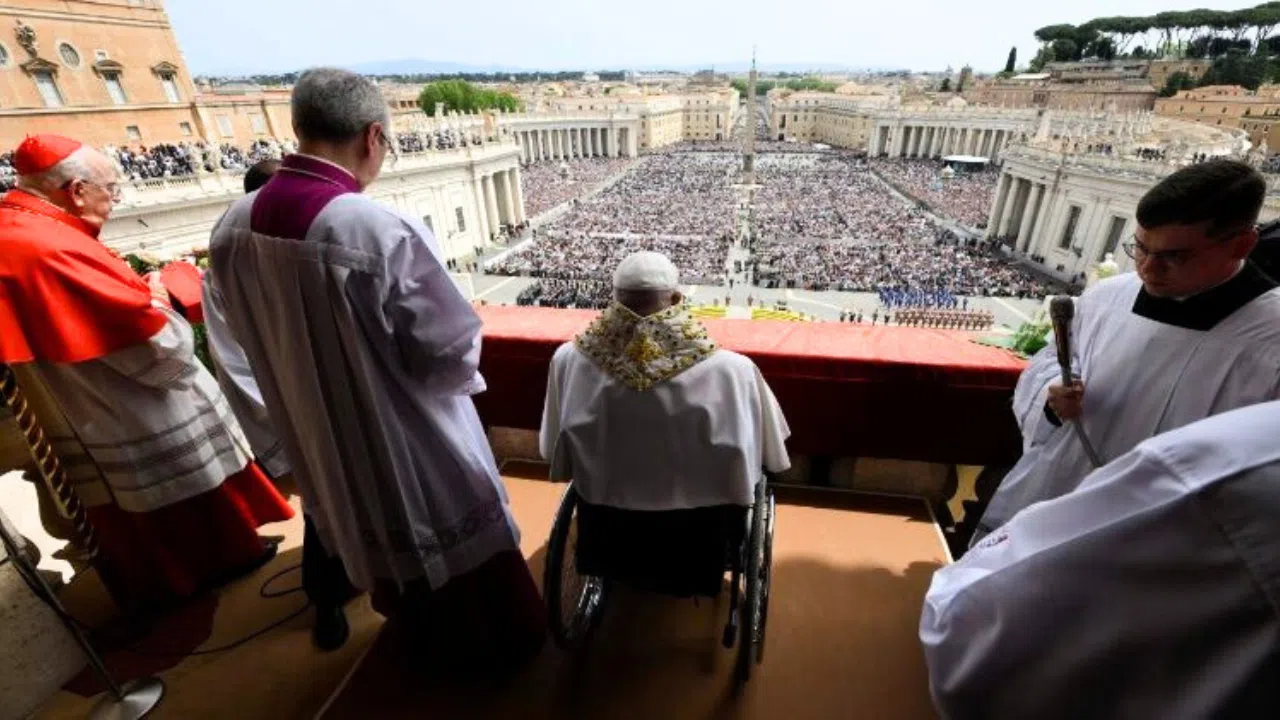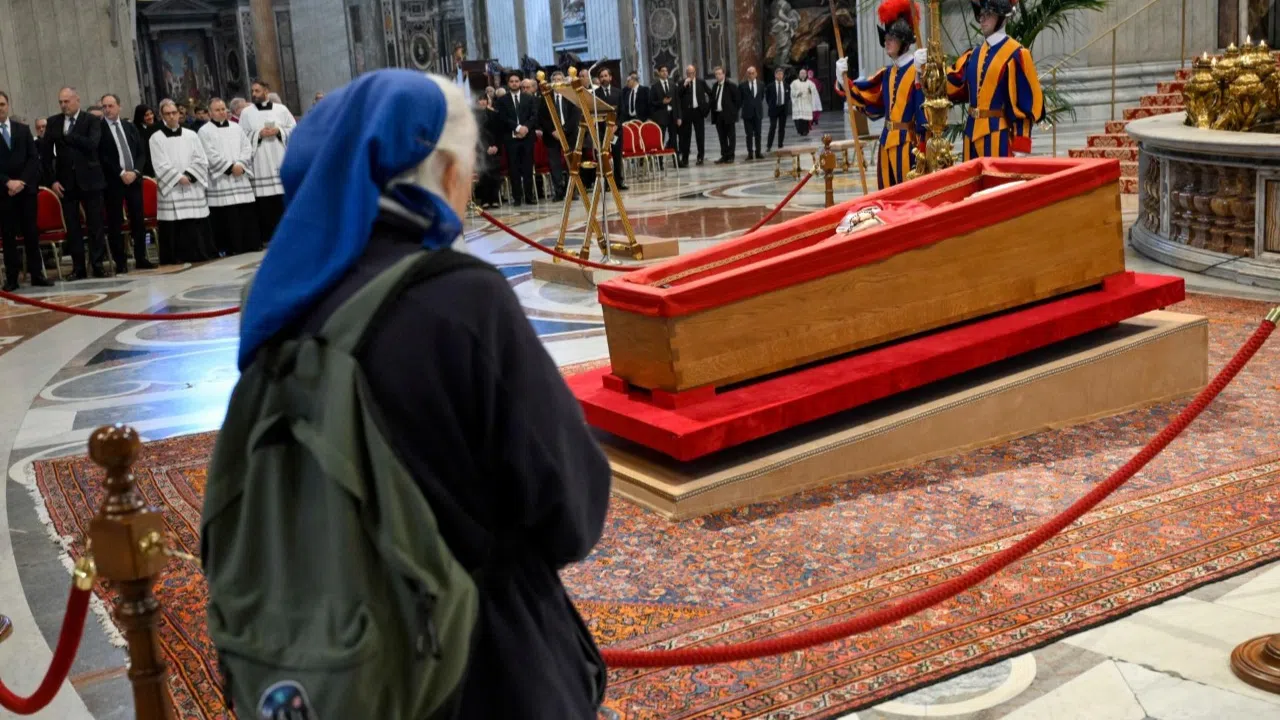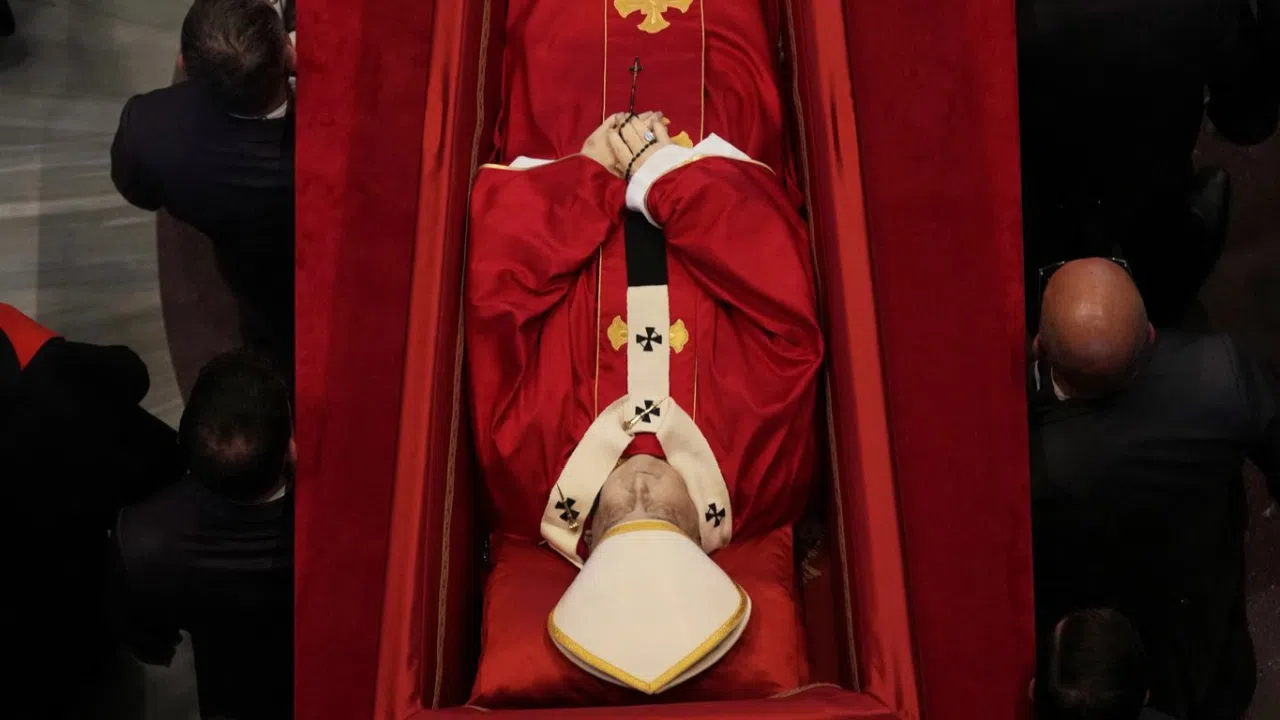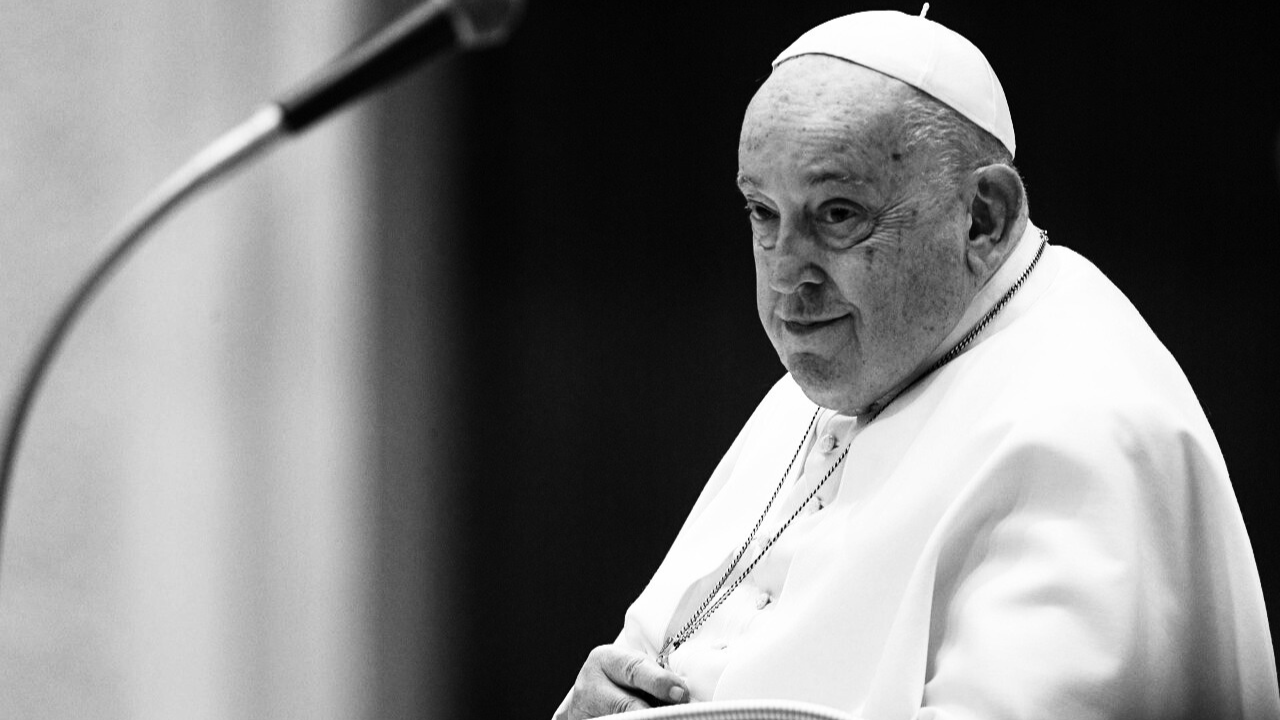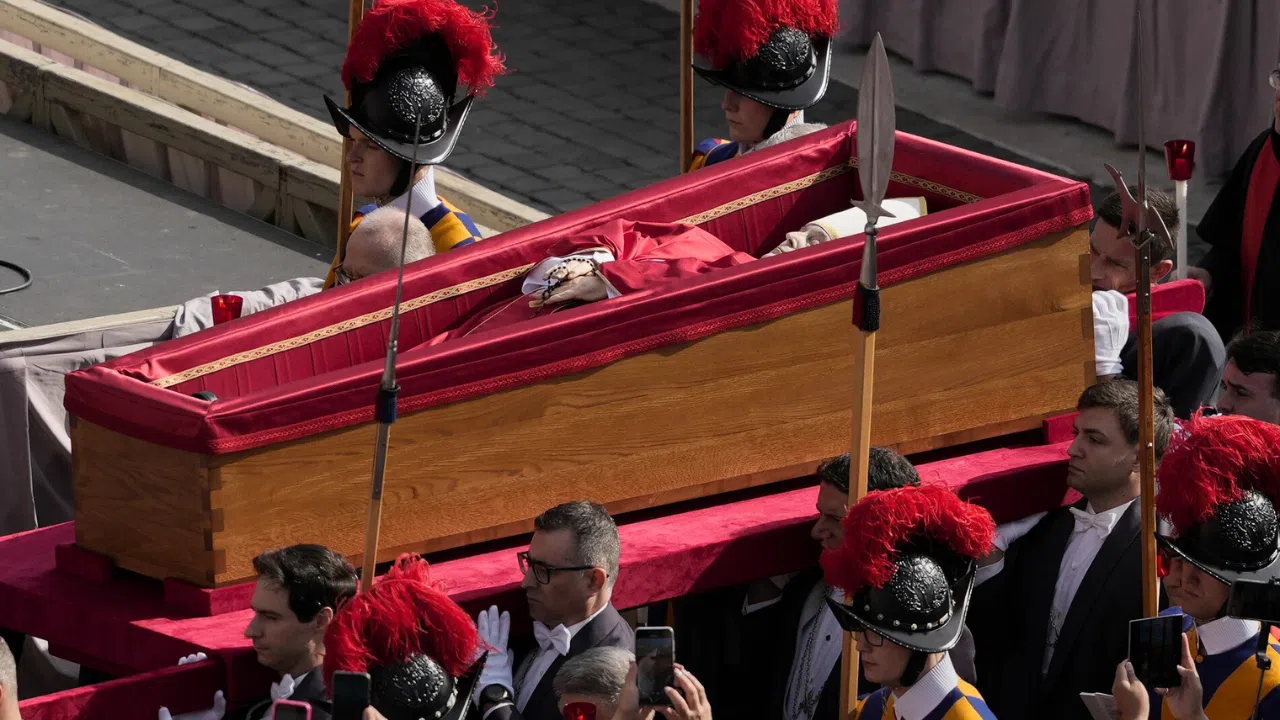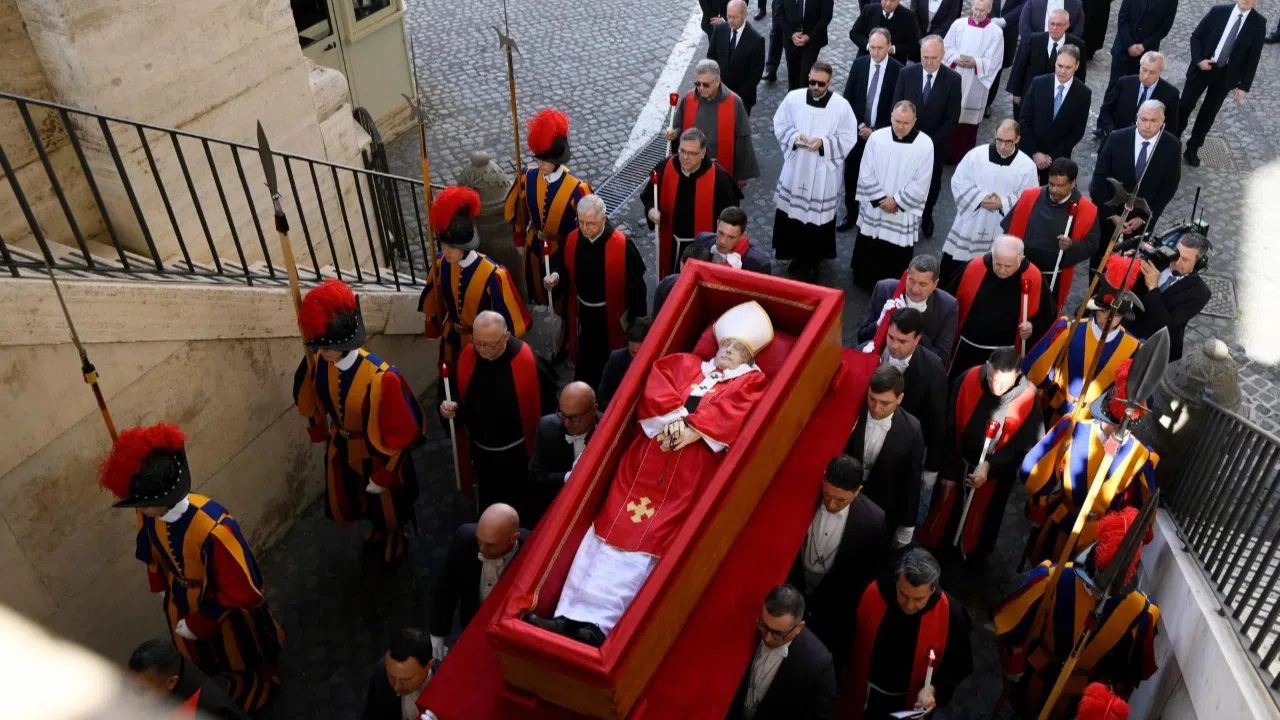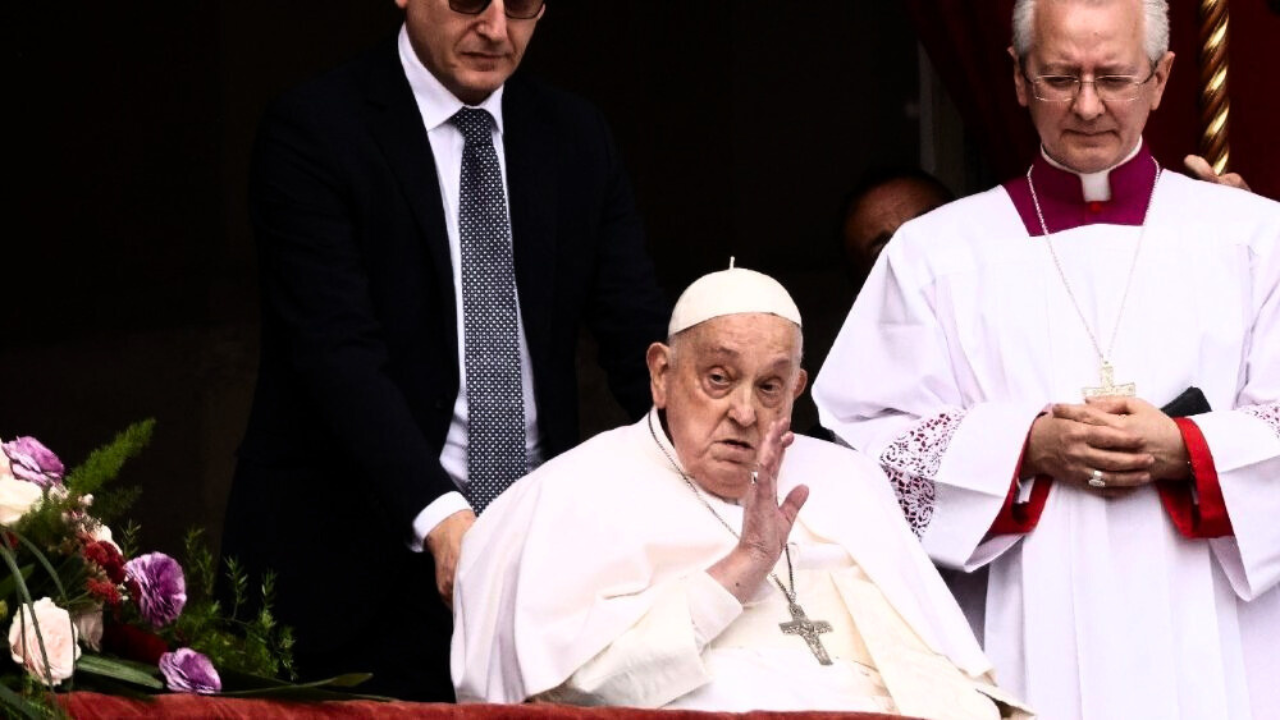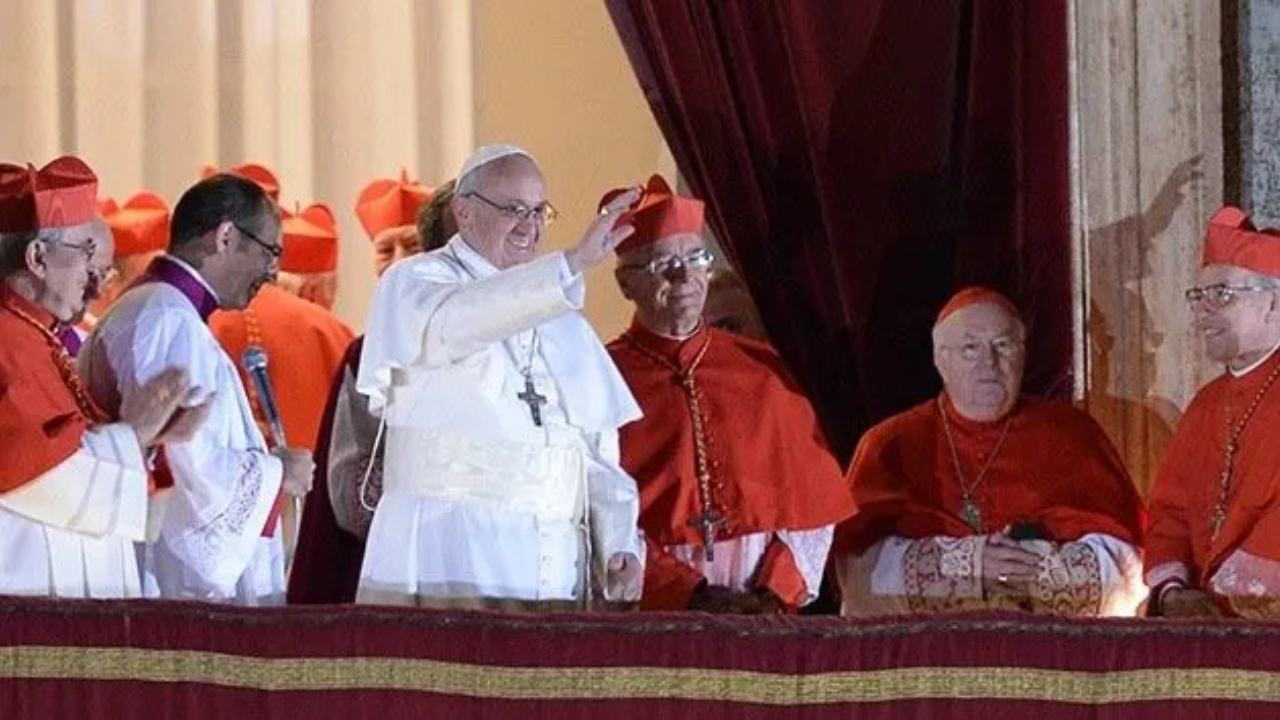In May 1976, a military coup in Argentina led to a dictatorship in the country and a civil war called “The Dirty War.” Anyone found helping or hiding people, including priests, was arrested and tortured, treated as opponents of the official regime.
Young Jorge Mario Bergoglio was the head of the Jesuit priests in Argentina at the time. In this role, he hid priests and helped them flee Argentina.
ANDRÉS SWINNEN
Bergoglio's Successor as Jesuit Provincial Father
“He looked into what every single Jesuit was doing. He wanted to know if they were engaged in something that could be dangerous. This is how he saved many Jesuits.”
CARLOS VELASCO SUÁREZ
Bergoglio's Consultant Psychiatrist
“I know two men, for whom he did everything he could to help. He got them out of Argentina, and most probably saved their lives.”
In 2013, Journalist Nello Scavo, began a six-month investigation to find out what really happened. He wrote a book with his findings called, “Bergoglio's List.” He says witnesses assured him of the current pope's innocence.
NELLO SCAVO
Author, Bergoglio's List
'One of the first people Bergoglio saved is currently living in Rome and doesn't want to be identified. He was one of his doubles. They looked very much alike and Bergoglio, not knowing how to help him, dressed him up as a priest and gave him his own ID. He then crossed the border to Brazil. This is probably the first person Bergoglio helped out of instinct.”
Yet, others have accused the current pope of not doing enough.
When Jesuit priests Orlando Yorio and Francisco Jalics were kidnapped, arrested and tortured for nearly half a year, Bergoglio asked military leaders to release them, but to no avail. Even after speaking to dictator, General Videla twice, many claimed Bergoglio could have done more.
Despite disagreements, there has never been a concrete, proven accusation against him.
ADOLFO PÉREZ ESQUIVEL
Nobel Peace Prize Winner
“The pope had nothing to do with the dictatorship, he was not involved with it. No! He was among those bishops who stood up and defended human rights. He did this through a quiet diplomacy.”
ALICIA OLIVEIRA
Former Judge. Human Rights Militant
“We were always very close. I know exactly what Jorge did. I know he was concerned with these types of issues. That's why it hurt me so much when he was accused of being involved. Some thought he collaborated with the military, which is completely false.”
As accusations surrounded him upon becoming pope, he said nothing for or against his cause.
NELLO SCAVO
Author, Bergoglio's List
'“Some priests and bishops in 2006 and 2007, 30 years after the fall of the military government, discovered what Bergoglio had done and went to ask him why he had never talked about it. He's always preferred to remain silent. We don't exactly know why. One of the reasons I believe is that Bergoglio, due to his psychology and Jesuit background, prefers not to feed any controversy from those years, that are already in the past and were painful.”
Pope Francis has kept this theme of silence throughout his pontificate. A recent example was in the height of the clerical abuse crisis. Instead of defending his awareness of the situation, he encouraged journalists aboard his flight from Ireland to Rome to make their own decision on the matter.
POPE FRANCIS
“Read it carefully and draw your own conclusions. I won't say a word about it. I think the statement speaks for itself and you have the journalistic capacity to draw your own conclusions. ”
Perhaps, in these sorts of cases, the pope prefers not to fuel either side by speaking up. As such, only he truly knows how many people and priests he was able to help during the Dirty War in Argentina.
Melissa Butz
